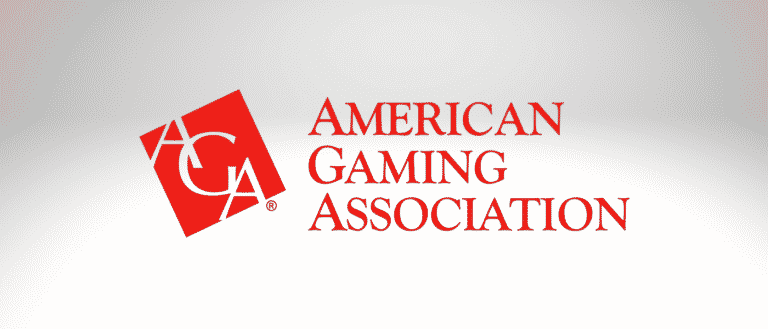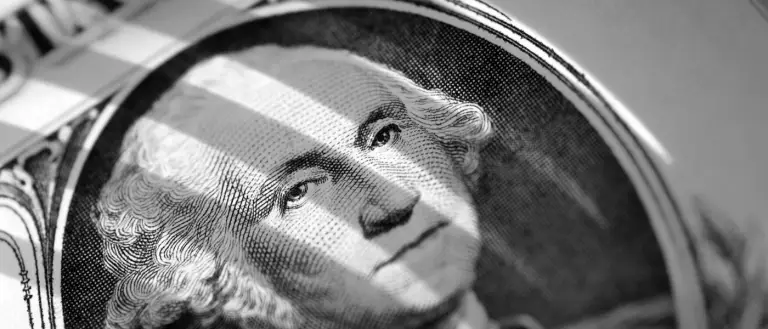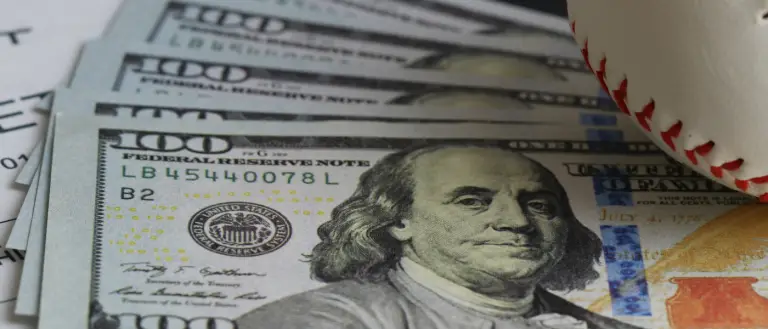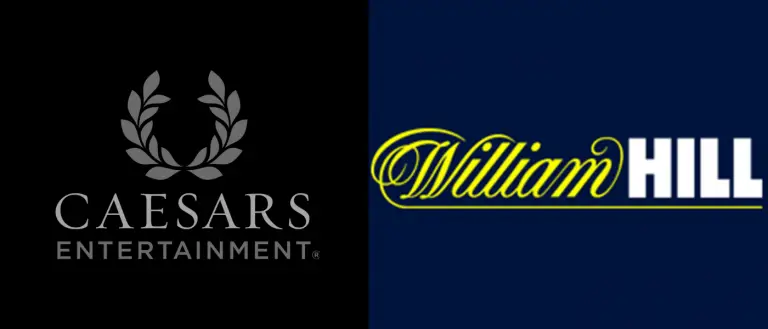Integrity Fees: Where Did They Come From, Where Did They Go?

Sports betting integrity fees became a hot-button issue during the run-up to the Supreme Court’s PASPA decision and immediately after.
Yet, of the many states that have legalized sports betting since the PASPA decision, not one adopted integrity fees. Even the federal bill that sought to regulate sports betting in 2018 included zero integrity fee provisions.
So, what happened to the integrity fees that sports leagues vigorously lobbied for? A better question is why the leagues sought integrity fees in the first place.
Read on for BettingUSA’s recap of where the integrity fee concept originated, how the debate over mandates developed, and why the leagues were ultimately unsuccessful in lobbying for integrity fees.
Pre-PASPA Integrity Fee Shuffle
Integrity fees first appeared in Indiana before the Supreme Court had even released its decision on PASPA.
Indiana Bill Launches Integrity Fee Debate
In 2018, Rep. Alan Morrison introduced HB 1325 to legalize sports betting in Indiana. The bill included a then-unique provision establishing an “integrity fee of one percent (1%) of the amount wagered on the sport’s governing body’s sporting events.”
Later, Rep. Morrison told ESPN that he received input on the bill from the NBA and MLB, who urged him to include a provision diverting 1% of the value of all wagers placed on sports to the leagues.
American Gaming Association Responds
The American Gaming Association responded immediately with a statement opposing sports betting integrity fees:
“While we applaud Representative Morrison’s efforts to bring legal, transparent sports betting to Indiana, handing sports leagues 20 percent of what’s left over after winnings are paid out, undercuts its economic viability. Doing so will ensure the illegal market continues to thrive in the state, and gut the tax revenues available to fund essential public services. We believe Indiana taxpayers deserve better.
“We encourage Indiana to reject this short-sighted, misinformed idea, which simply replaces a failed federal prohibition with bad state policy. Our goal is to eliminate the illegal market, protect consumers and strengthen the integrity of the game. We invite all stakeholders to join us in working together in a thoughtful and transparent fashion.”
NBA Defends Its Position
Two weeks after Morrison introduced HB 1325, NBA Executive Vice President and Assistant General Counsel Dan Spillane testified that integrity fees were essential to “compensate leagues for the risk and expense created by betting and the commercial value our product creates for betting operators.”
Public outcry against Indiana’s proposed integrity fee began immediately. Media outlets and interest groups questioned the amount, need, and validity of such a fee.
To avoid these negative connotations, politicians and league lobbyists began moving away from the unpopular integrity fee moniker toward something more neutral and palatable.
Here’s how Adam Silver explained the NBA’s position at the time:
[W]e feel — just in the same way a musician that receives a royalty for the music that’s being played, we should receive some sort of royalty. So call it a royalty, call it an integrity fee, we will have additional expenses and it’s ultimately our intellectual property, and we think we should be compensated for it.”
NBA Spokesman Mike Bass put it this way:
“Sports leagues provide the foundation for sports betting while bearing the risks it imposes, even when regulated. If sports betting is legalized federally or state by state, we will need to invest more in compliance and enforcement, and believe it is reasonable for operators to pay each league 1 percent of the total amount bet on its games to help compensate for the risk and expense created and the commercial value our product provides them.”
Indiana Rejects Integrity Fee Mandate
Despite the shift in terminology, Indiana legalized sports betting in May 2019 via different legislation (HB 1085) without an integrity fee mandate.
Although Indiana escaped the integrity fee mandate, the discussions that began in Indiana reverberated in many other states and Capitol Hill.
The Problem With Integrity Fees
Sports betting operators, bettors, and even some sports leagues opposed integrity fees due to one overarching problem: their trust cost.
A 1% fee does not sound like much, but the fact that it would apply to total betting handle makes it much larger than it appears.
The term “betting handle” refers to the total value of wagers placed by gamblers at any sportsbook. This is not gross revenue or net profit after expenses; this fee would come out right off the top before the books even have a chance to count their profits.
Integrity Fees Equate to A 24% Tax
Noted gambling authority I. Nelson Rose wrote an informative post detailing how such a fee would impact betting operators, using numbers derived from past examples of similar sports betting fees.
The post detailed how bookmakers make their money with the vigorish and delved into a bit of history detailing past efforts to enact similar fees.
To summarize Nelson’s findings, Nevada booked about $22.5 billion in total bets over a ten-year period. Of that amount, the sportsbooks reported gross gaming revenue of about $938 million. This means Nevada sportsbooks only kept 4.16% of the total amount wagered over that period.
Using 4.16% as a baseline for estimating the revenue of US betting sites, a 1% fee on total betting revenue is enormous. It has about the same effect as a 24% tax on gross gaming revenue.
That’s before considering additional state sports betting taxes ranging from 6% to over 50%.
American Gaming Association Highlights Additional Drawbacks
Combined with the existing federal excise tax on sports betting and the proposed future state taxes, an excessive integrity fee would Combined with the existing federal excise tax on sports betting and the proposed future state taxes, an excessive integrity fee would have had severe repercussions for sports betting operators and the market.
The American Gaming Association, a staunch opponent of integrity fees, commissioned a report by Oxford Economics highlighting additional drawbacks of integrity fee mandates.
The report concluded that a 1% integrity fee would have:
- Limited the attractiveness of legal sports betting relative to the illegal market
- Generated less than half the state tax revenue compared to scenarios that do not include the integrity fee
- Done less to create mainstream, safe, taxable jobs, and economic activity.
The Oxford report also noted that no information demonstrates the need for an integrity fee to bolster the sports leagues’ integrity monitoring efforts.
Sports Leagues Pivot to Data Fees
After striking out in multiple states, the leagues that pursued integrity fees pivoted to seeking data fees on a state-by-state and company-by-company basis.
The NBA now uses its official data as a bargaining chip for royalty payments by sports betting operators.
In May 2019, ESPN reported that the NBA’s authorized data distributor, Sportradar, had sent out letters to sportsbook operators saying the league was forcing them to “cease providing to you NBA Official Data for use in the United States unless and until you are an Authorized Gaming Operator of the NBA.”
Sportsbook operators wishing to avoid further legal entanglements began negotiating with the league for permission to use official league data to settle bets and create up-to-date in-play betting markets.
For example, BetMGM became the NBA’s first authorized operator through a sponsorship deal that included benefits for both entities.
Per the deal, BetMGM received the rights “to use league highlights, logos, and a direct data feed from the NBA that will be used to help fuel the company’s growing sports betting footprint.”
Tania brings over 10 years of experience as a gambling industry reporter to BettingUSA.com, providing frequent news coverage and coverage of current events.





